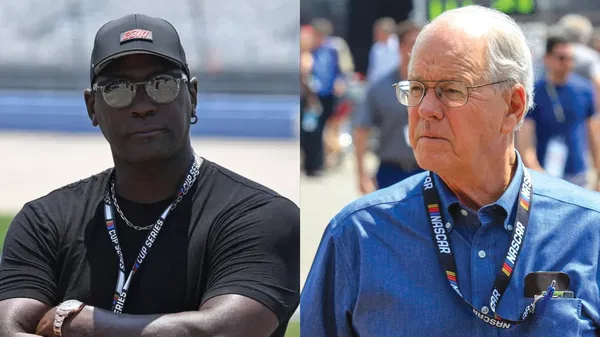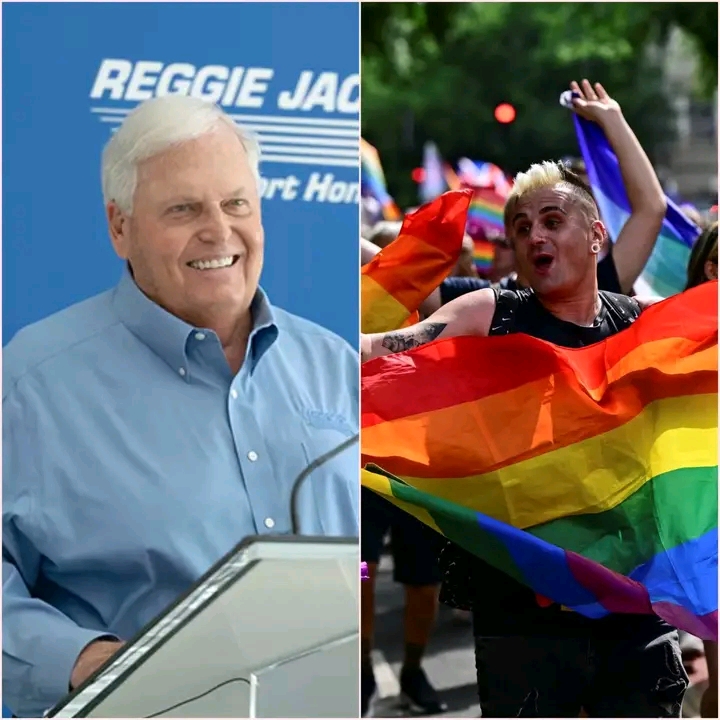NASCAR has a longstanding history of dealing with legal controversies. Before the recent disputes involving 23XI Racing and Front Row Motorsports (FRM) over the charter system, the organization faced significant legal challenges, such as the Ferko lawsuit. This case arose when a minority shareholder of Speedway Motorsports accused NASCAR of failing to grant a second race date on the schedule. Ultimately, NASCAR resolved the matter outside of court, a common outcome for many of their legal disputes.
However, not all cases have been easily resolved. One notable conflict involved former NASCAR driver Jeremy Mayfield. A seasoned competitor, Mayfield enjoyed a 17-year career in racing, highlighted by his time with Penske Racing. His career took a dramatic turn on May 9, 2009, when NASCAR suspended him, citing a violation of their substance abuse policy. At the time, this explanation was widely accepted as the reason for his career’s abrupt derailment.
Yet, a closer examination reveals that NASCAR’s monopolistic practices may have played a more significant role in Mayfield’s downfall. Unlike other legal battles the organization managed to settle quietly, this conflict highlighted deeper issues within NASCAR’s policies and their enforcement. Mayfield’s case serves as a stark example of the challenges faced by drivers navigating a system often criticized for prioritizing corporate control over individual rights.
The controversy surrounding Mayfield remains a notable blemish in NASCAR’s history, reflecting broader concerns about its governance and treatment of drivers within the sport.



